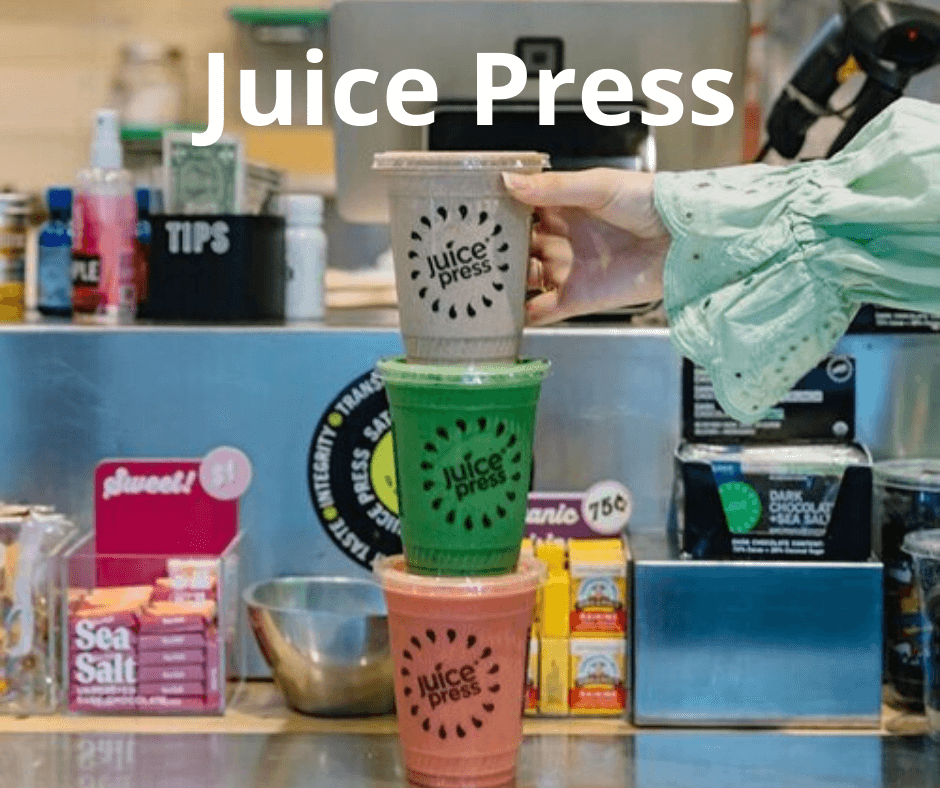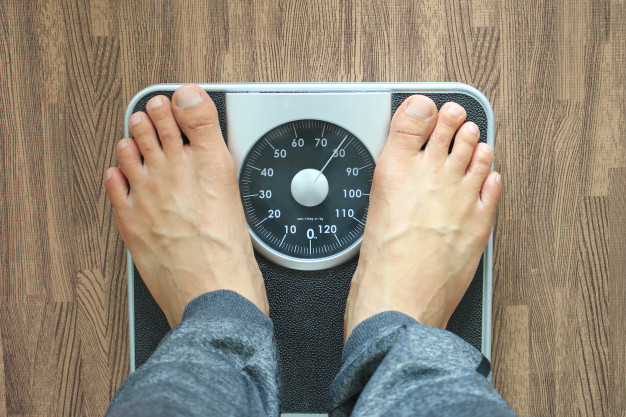Did you know that every day your body is sending complex chemical messengers called hormones to regulate its systems?
Often times, we think our hormones negatively, but these natural compounds are essential to the health of both men and women.
The most common types of hormones include cortisol, melatonin, progesterone, testosterone, estrogen, adrenaline, and insulin. Without any of these, our bodies wouldn’t be able to function properly.
Hormones can impact everything from digestive health to mental health, and they are intimately involved in the reproductive cycle.
As important as they are, dysfunction can easily occur at different points in the production and circulation of hormones. It is vital to understand how to combat these issues in a natural way.
Read on to learn more about the endocrine system’s inner workings, as well as natural ways to balance hormones.
How the Endocrine System Works:
The endocrine system is essentially made up of several glands that produce the different types of hormones found in your body.
To name the major ones, these are the pituitary, pineal, thymus, thyroid, adrenal glands and pancreas. The testes and ovaries are also involved, depending on your sex.
Understanding the basis of this system can help you understand what can go wrong, and how to promote better hormone health.
Firstly, there are key ingredients that are needed to produce hormones. These include fats, proteins, and various nutrients.
As well, toxins can disrupt hormones by either mimicking them or suppressing their production in some form.
All and all, the entire endocrine system works in unison to promote the normal functioning of your body. Even the slightest imbalance can lead to symptoms.
Signs of Hormone Imbalance:
There are a few keys signs of hormone imbalance to be aware of, as both a male and female.
In women, problems around the menstrual cycle are often the most obvious sign of an imbalance.
Infertility, irregular periods, skin issues, and premenstrual syndrome can all signify issues with the endocrine system.
Additional symptoms that can manifest in both sexes include fatigue, anxiety, depression, low libido, insomnia, digestive issues, hair loss, and weight problems.
Natural Ways to Balance Hormones:
With the impact that hormones can have on the body, promoting their balance in your daily routine is essential.
Natural options are much more favorable than synthetic ones such as birth control or other artificial hormone medications.
These do not get to the root of your health issues. They merely cover them up, and symptoms can get worse or more can occur in the meantime.
As an alternative to treatments that do not get to the bottom of your problems, here are eight natural ways to balance hormones.
1. Avoid Endocrine Disruptors:
Endocrine disruptors are abundant in our industrialized world. These are chemicals and compounds that interfere with hormonal processes in the endocrine system.
A few well-known endocrine disruptors include BPA, dioxin, phthalates, and certain pesticides.
The items we use in our homes can often contribute to our overall toxin load, and switching over to healthier alternatives can be greatly beneficial.
Choose non-toxic cleaning products whenever possible, and try to avoid using plastics in the kitchen as much as possible.
As well, our beauty products can also be a potential source of exposure. Use the environmental working groups website to help you pick better products for your hormones.
Lastly, eating organic produce whenever possible will reduce your consumption of pesticide residue.
2. Limit Caffeine:
Caffeine is a big part of most of our lives, and it is difficult to part with. But, in truth, it can have detrimental effects on our hormones.
Highly-caffeinated beverages, namely coffee, can put our bodies into a permanent state of fight-or-flight by stimulating the production of stress hormones.
While this may be beneficial in the short term, it can stress your entire body out in the long-term.
Consider cutting back on your caffeine intake, or swapping it out entirely for drinks with lower levels of caffeine.
3. Eat Healthy Fats:
Many hormones are cholesterol-based, meaning that fat is the basis of their make-up.
Therefore, eating plenty of healthy fats will help your body produce enough of these hormones.
Ensure that you focus on saturated fats and omega-3’s especially, as our diets tend to be too high in omega-6’s.
4. Sleep is Key:
Sleep is the time when our bodies produce hormones and detoxify harmful substances from our body.
Moreover, sleep can disrupt your mood and your blood sugars levels, both of which can contribute negatively to hormones.
Try to optimize your sleeping environment by making the room as dark as possible and creating a nighttime routine.
5. Exercise Properly:
While exercise is always important, extended periods of exertion can actually have negative consequences.
Therefore, opt for less strenuous workouts such as weight lifting or gentle yoga when you first begin your healing journey.
6. Try Mindfulness:
Stress is often at the root of our hormone problems. In the least, it can make your moods and physical symptoms much worse.
To complicate things, stress is not an easy problem to ‘fix’. Often times, it is anything but easy to reduce our stress levels.
One option to try, however, is to implement mindfulness into your approach. It will not only help you become more aware of your body and its struggles but also to how you deal with adversity.
Over time, you can begin to shift your mindset around the stresses of life with mindfulness and develop a better relationship with it altogether.
7. Consider Herbs or Supplements:
Another potential way to heal your endocrine system is with different herbs and supplements.
These are not a quick fix by any means, but they can provide additional support alongside other treatments.
Some good options for supplementation could include red raspberry leaf, evening primrose oil, vitex, maca, fish oil, magnesium, and zinc, depending on your specific imbalance.
8. Try Bio-Identical Hormones:
There are times when no amount of natural treatment through sleep, diet, and exercise help.
In this case, an option could be bio-identical hormone therapy, which involves using chemically identical hormones to heal your imbalance.
BodyLogicMD has an abundance of information on this topic and can help provide you the support you need.
Hormone Health Reflects Overall Health:
All in all, the health of our endocrine system is reflective of our lived environment.
While it can be influenced partly by genetics and other factors out of our control, much of it is impacted by the way we choose to live.
Therefore, by consciously choosing to implement natural ways to balance hormones, we can reap the benefits of our system working in our favor.
For more information about how hormones can impact reproductive health, check out our post of the causes of female and male infertility.
Read More:






















